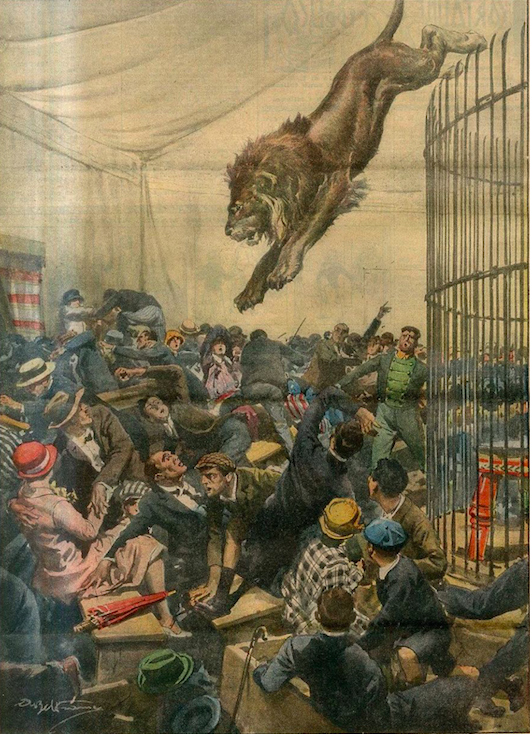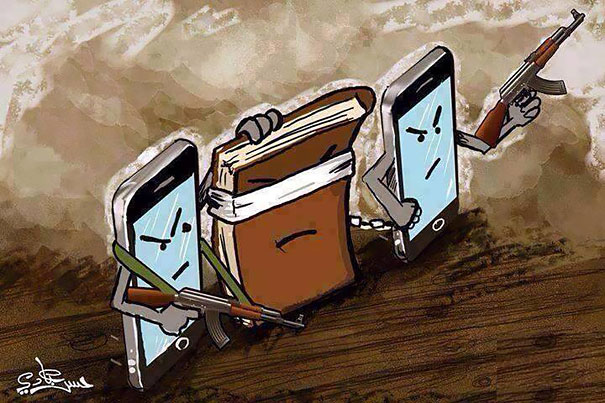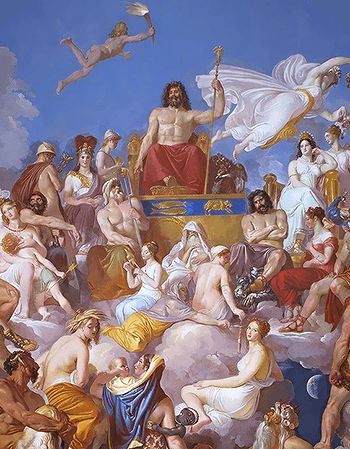When one makes love with their ego the offspring metastasize in the mind, conjuring false perceptions and inhibiting true observation of reality Reading time: 5 mins
Cast, Content and Technology May Change, Yet Society Stays the Same
In examining the configuration of modern society we can explore the motives and players who have concocted our current condition as we move into an unrivalled technological age. Reading time: 8 mins
The Domestication of Wolves Indicate The Inherent Goodness In Human Nature
If dogs are given love and affection their caring nature surfaces, yet, in being man’s best friend they also blindly follow the intention of their owners which can lead them down a path of depravity. Reading time: 6 mins
Small Talk is Essential To The Sociality of Life
“Be a philosopher but, amid all your philosophy, still be a man”, Even if you’re questing to change the world it doesn’t mean everyone will be interested, at times the ego must be shackled for the joviality of friendship to be felt. Reading time: 6 mins
Those Held in Admiration and Envy Shed Light on Our Inner Desires
By examining those individuals we admire and envy we can get valuable data on ourselves - those we admire have a skill or disposition we want to replicate, those envied achieving something to our distaste. In observing our feelings towards these personalities an avenue opens to learn more about our driest thirsts. Reading time: 6 mins
Does Desire for Ease Come at a Subsequent Cost?
It cannot be said that seeking comfort is innately wrong as animals too pursue the pleasure of coziness, however, it is the excess of it engendering a generation who are weaker, softer, fatter, angrier and more anxious than those previous. Reading time: 7 mins
Animals may be Ruthless, but only Humans can be Evil
Power makes animals feel safe; unfortunately, the human mind sponges power and moistens the ego with visions of supremacy. Reading time: 6 mins
Our Degree of Care Extends Only as Far as We Can Relate
Acknowledging the enormous spectrum of emotion faced during existence connects us to our fellow sapiens. Joviality to sorrow, excitement to boredom, relaxation to arousal, these sensations signify we are living and unite us with others through shared experience. Reading time: 7 mins
The Depreciation of The Paperback
The greats remain alive in their work and allow the trivialities of modern life to be seen naked. If one spends less time compulsively scanning a screen and more developing reading as a skill the heat of intellect will grant warmth in a world gone cold. Reading time: 8 mins
What if Paganism was Still Prominent?
In Pagan societies mysticism was imbedded in the understanding of life’s operations, like a lightning bolt from a contemptuous Zeus or a calm sea indicating Poseidon's sacrificial contentment, engendering devout reverence to nature as an extension of the gods. The adherence to nature as a deity is a far cry from our current civilizational creed of use and abuse, continuing to double down on the lubeless degradation of a bleeding planet. Reading time: 10 mins










